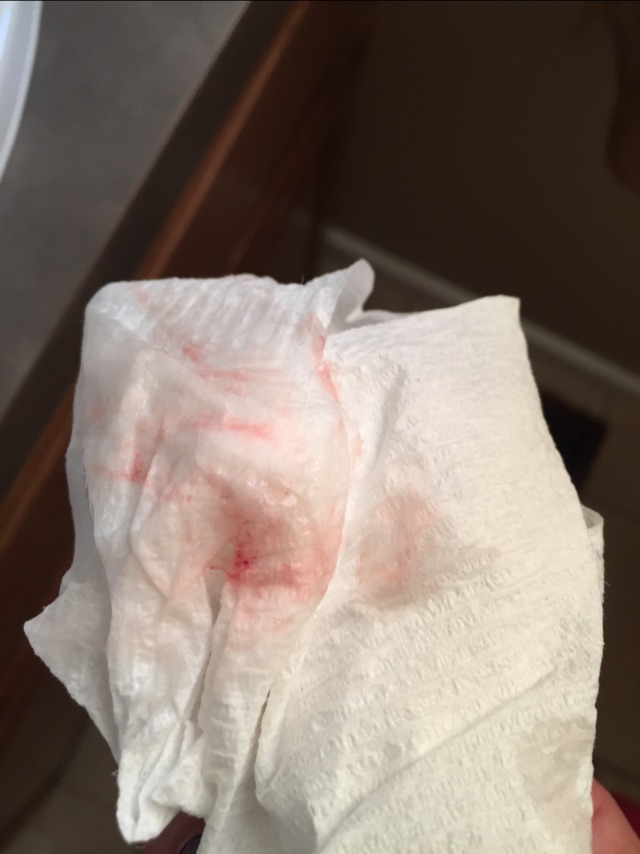A woman is most likely to get pregnant seven to 10 days after her period ends, notes webmd. this is the time period when ovulation typically occurs. however, this time period can vary. a woman's cycle starts on the first day of her period. for most women, ovulation occurs two weeks into the cycle. The fertile days in the menstrual cycle. the days of fertility in a menstrual cycle are fairly fixed and depend on when you ovulate rather than on whether your period has ended. the most likely day to get pregnant (fertilize an egg) is on the estimated day of ovulation. however, according to an important study reported in 1995 in the new england journal of medicine, you have five other fertile. Most pregnancies happen after sex within the five days before, and on the day of, ovulation. to conceive , your egg needs to be fertilised within 12 hours to 24 hours of ovulation. it’s also possible to mistake breakthrough bleeding, spotting between your periods, for a regular period..
Let’s say your period lasts 6 days, when you finish menstruating, you're 4-8 days away from ovulating, plus the time that a sperm can survive in your body, then there is a narrow window that you could get pregnant.. If your cycle is short, 22 days for example, then you could ovulate just days after your period, if your period lasted seven days. the longest that sperm can survive in fertile cervical mucus is seven days. so it may just be possible for you to get pregnant if you ovulate a little earlier than usual.. Because many women also experience breast discomfort in the days leading up to their period, this symptom isn’t always indicative of pregnancy. 4. you’re feeling different.


0 komentar:
Posting Komentar